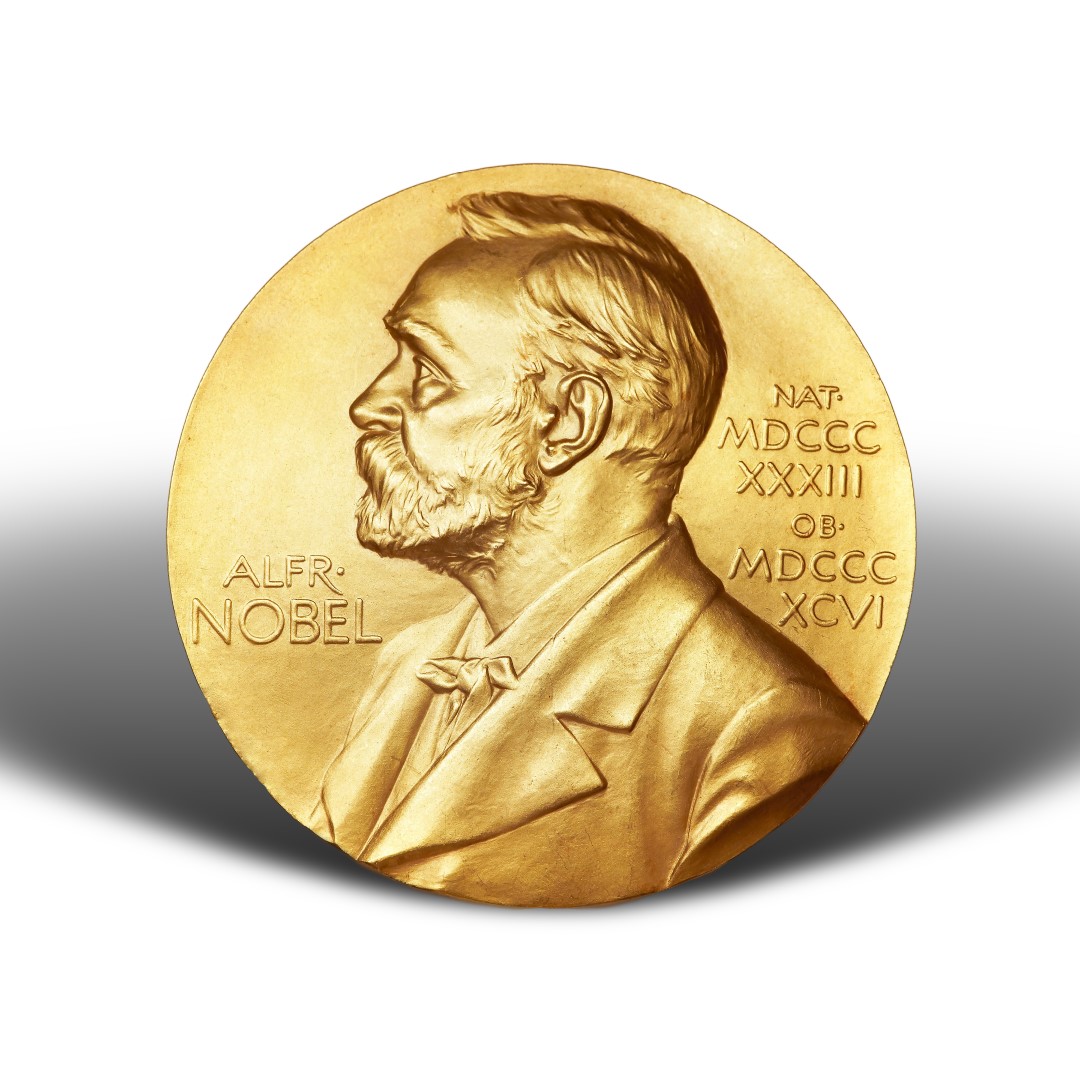
Montreal-born Sidney Altman awarded share of the Nobel Prize in Chemistry “for their discovery of catalytic properties of RNA”
On Oct. 12, 1989, the Nobel Prize in Chemistry was awarded to Montreal-born Sidney Altman, and Thomas Cech, Colorado, USA for their discovery that RNA (ribonucleic acid) in living cells is not only a molecule of heredity but also can function as a biocatalyst. This discovery, which came as a complete surprise to scientists, concerns fundamental aspects of the molecular basis of life. Many chapters in our textbooks have to be revised.
Many chemical reactions cannot occur without a catalyst. A catalyst is a molecule which can facilitate a chemical reaction without being consumed or changed. Virtually all chemical reactions taking place in a living cell require catalysts. Such biocatalysts are called enzymes. For example in saliva there is an enzyme which converts starch to glucose, in the liver there is another enzyme which breaks down alcohol. There are also enzymes that enable plants to convert the carbon dioxide in the air to sugar and starch. Until the results of Altman and Cech became known, all enzymes were considered to be proteins.
The specific properties and functions of a protein are determined by hereditary characters, or genes. Genes are composed of deoxyribonucleic acid, better known as DNA. The genetic information in DNA is arranged as a string of codes which determine the design of the proteins. However, before this information can be used for protein synthesis, the code must be transcribed into another type of nucleic acid, RNA (ribonucleic acid). Altman and Cech have now independently discovered that RNA is not only a molecule of heredity but can also serve as a biocatalyst. In addition to this conceptual influence on basic natural sciences, the discovery of catalytic RNA will probably provide a new tool for gene technology, with potential to create a new defence against viral infections.
Tags:
Source: Nobel Foundation
Credit:
